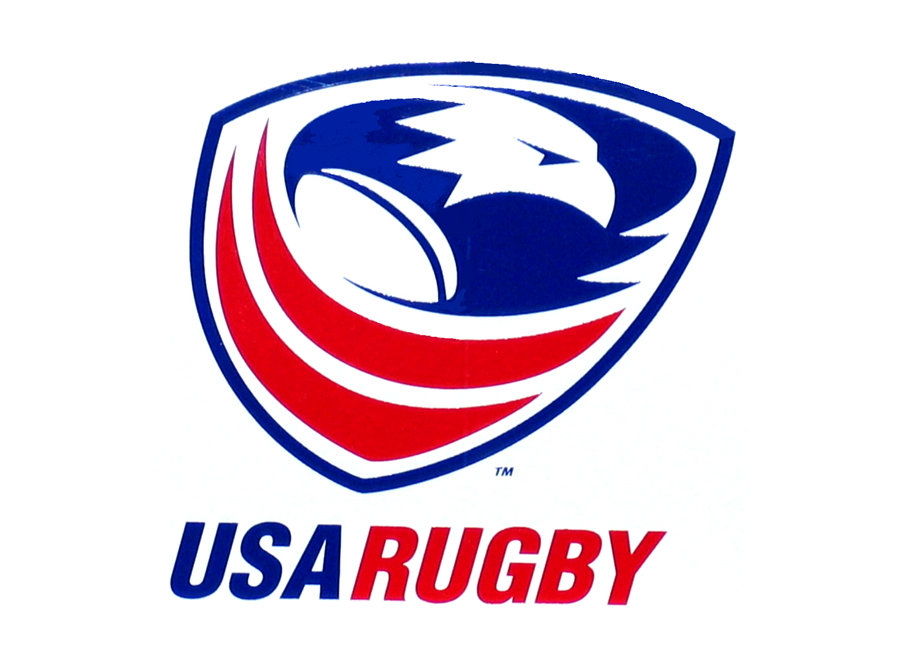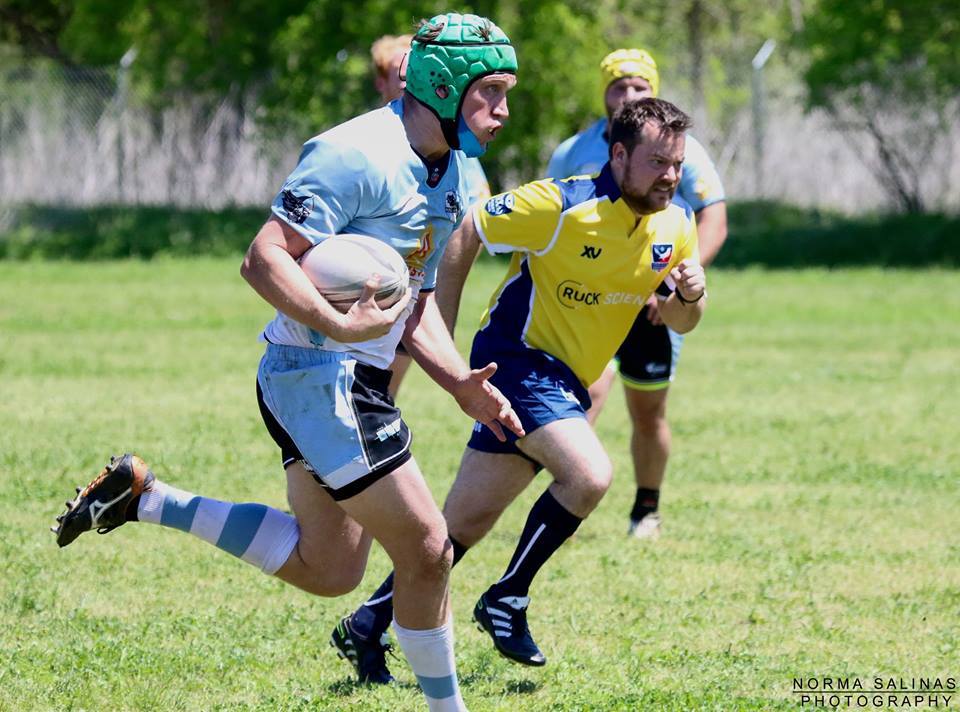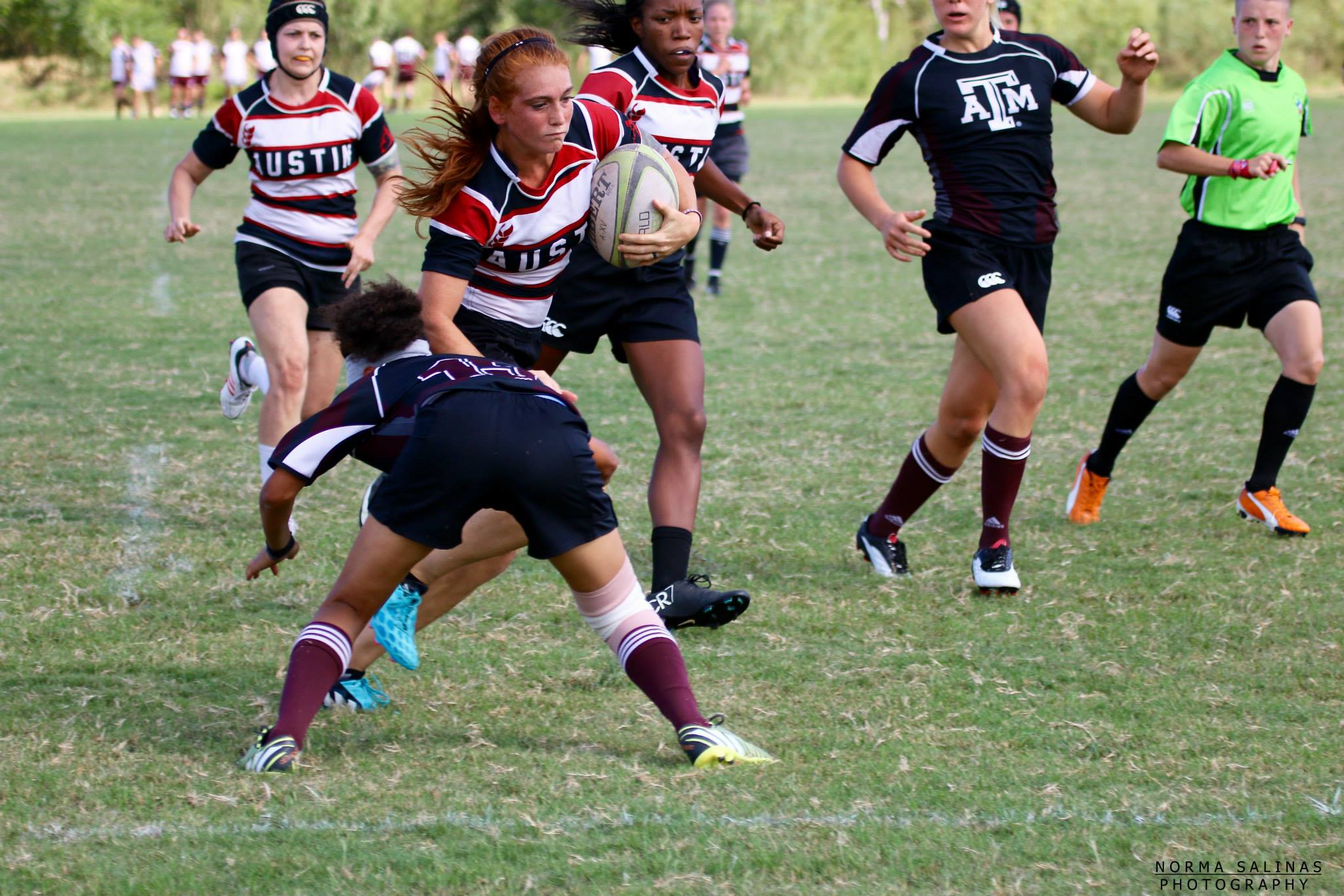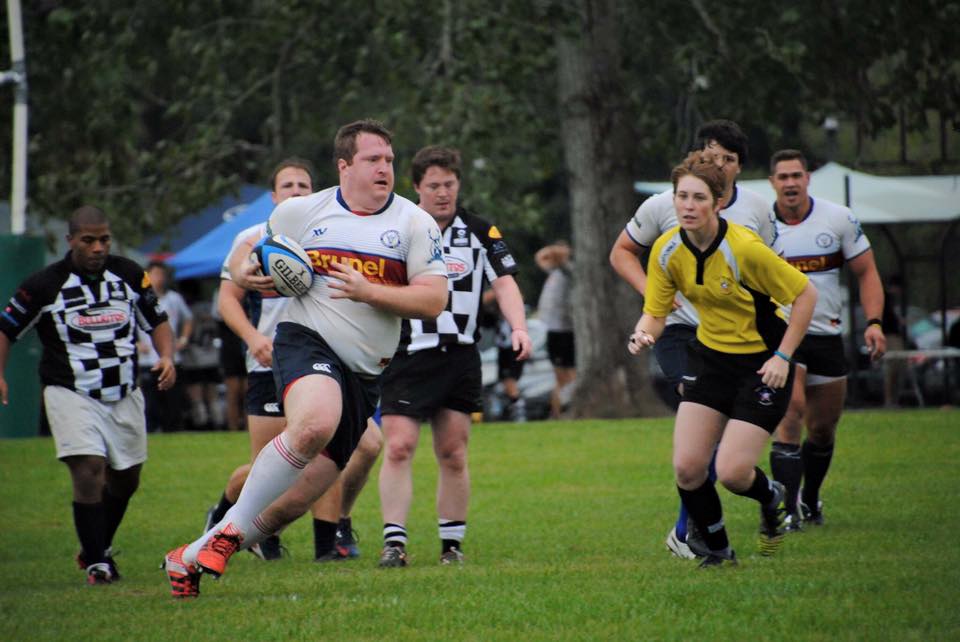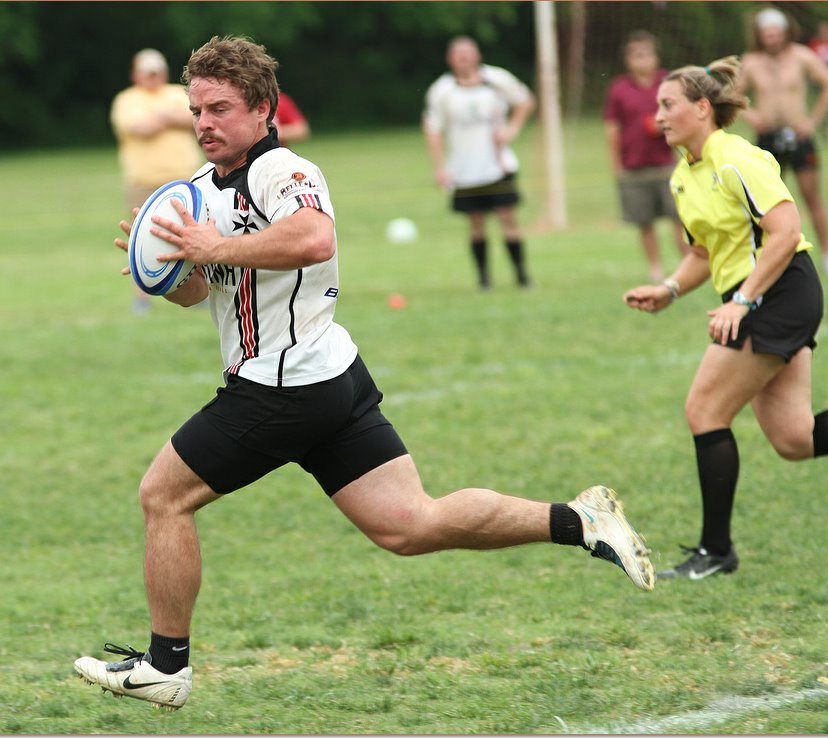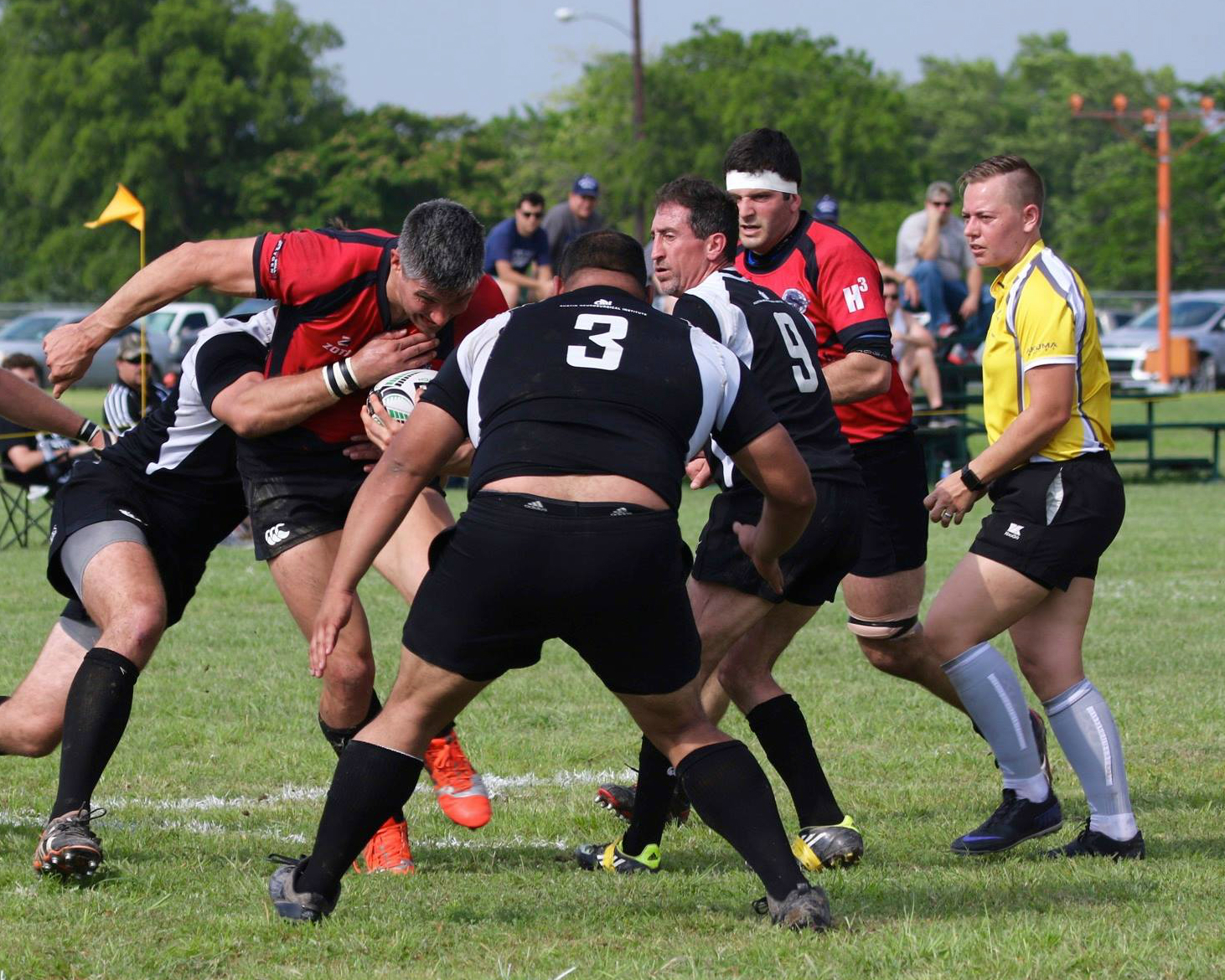These changes are effective as of February 1, 2016 for the Northern Hemisphere, this includes all matches played in the TRU or as RRRC league matches.
Law 3 – Number of Players
3.5, which addresses the number of players who are capable of playing in the front row, and how their number affects the total number of players a team may use has been re-written for better clarity with no substantive changes. The part of this section which covers uncontested scrums has been split and now is a separate section (3.6). All the subsequent sections have been re-numbered.
3.12, which covers substituted players rejoining the match (now re-numbered to 3.14) has had one additional condition added. In addition to front row replacement, blood injury replacement and (in Elite games with WR permission) temporary replacement for Head Injury Assessment, a substituted player may be used to replace a player who was injured as a result of Foul Play (as verified by the Match Officials).
Law 4 – Player Clothing (Clarification)
Player jerseys must have sleeves that extend at least half way from the point of the shoulder to the elbow.
Law 5 – Time (Clarification)
In the last year there were a couple of Clarifications regarding what happens when there is a score very close to the end of the half or the game. Those have been incorporated into Law [5.7 (g) and (h)]. In essence, if the the conversion kick is taken (or the try awarded and the team chooses not to take the conversion per 9.B.2) before time expires, the next restart will happen even if time expires between the kick and when the players are prepared to restart. And, if a restart is taken under these circumstances with time expired, and the kick is taken incorrectly (e.g. not ten, etc.), the referee will offer the options in Law 13.
Law 6 – The Referee’s Authority
6.C, which covers persons coming onto the pitch to treat injured players has been re-written to make distinction between qualified and unqualified medical staff. Sub-sections 2 and 3 have been combined into one.
Law 8 – Advantage
The section listing situations where advantage cannot be played (8.3) has seen collapsed scrums removed. The referee now has the option of playing advantage if he feels players are not endangered. The referee DOES NOT have the option of playing advantage if the front row is lifted.
Law 9 – Scoring
In the 7s Variations, the time the kicker has to take the conversion after a try is now thirty seconds from the time the try is awarded.
Law 10 – Foul Play
Unfair Play – 10.2. A new provision has been added. “A player must not commit any act that may lead the match officials to consider that that player was subject to foul play or any other type of infringement committed by an opponent.” Penalty Kick Section 10.3 (b) – Repeated Infringements. The last sentence has been removed. The referee is no longer constrained in how a second repeat offender is handled.
Law 12 – Throw Forward
The definition has been slightly re-written for clarity with regard to “towards the dead ball line.” The definition has also been augmented to include the Clarifications regarding balls being knocked or ripped out of the ball carrier’s hands by a defender.
Law 17 – Maul
This isn’t a Law change, but rather some guidance on the application. The ball in a maul may be moved backwards hand-to-hand. A player is not allowed to move/slide to the back of the maul when that player is in possession of the ball.
Law 19 – Lineout
19.4 (b), which addresses the ball being knocked-on into touch has been revised to also include thrown-forward into touch (which was already part of 12.1). (Clarification)
The section addressing blocking the throw-in has been re-written so that it applies to all players (not just lineout players). 19.10 (h)
Law 20 – Scrum
There is now a specific time on the “no delay in forming a scrum”. Free kick after thirty seconds. 20.1 (d)
Front rows coming together has been slightly re-written to require the players be “ear to ear”. 20.1 (f)
Ending the scrum now includes a “use it” provision once the ball is at the last player’s feet and is not moving forward. 20.10 (d)
A scrum that has wheeled past 180 is no longer a turnover. The original team throws in again. 20.11 (b)
The scrum half of the team not in possession must now stay out of the pocket. 20.12 (c)
Law 21 – Penalty and Free Kicks
All penalty and free kicks that are awarded close to the goal line are to be given five meters out, regardless of the team (no longer just the attacking team’s penalties). 21.2 (a)
Additional Resources
151007 LRG Minor Law amendment – AGREED[5]
151007 LRG Clarifications into Law – AGREED[2]


